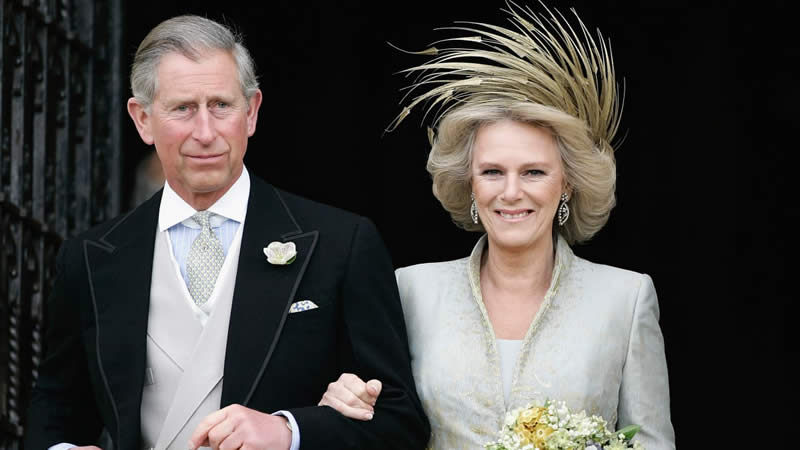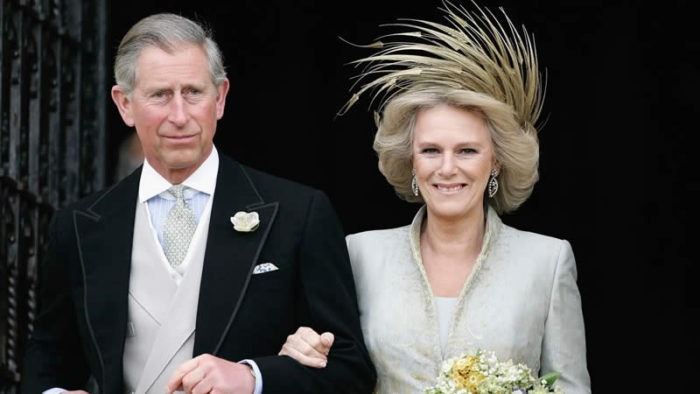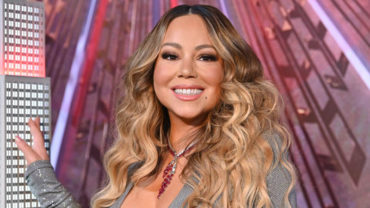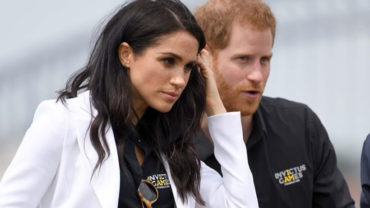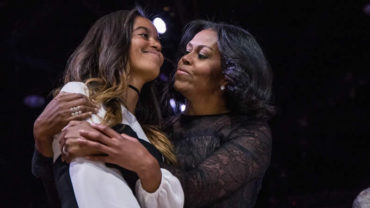Royal expert Clive Irving controversially tells New Idea Royals Monthly that he thinks the Prince of Wales isn’t cut out to be the next monarch – and should seriously consider standing aside for the royal family’s longevity and survival.
But would Prince Charles and Duchess Camilla ever deign to quit as royals?
In his recent book The Last Queen, the author and journalist examines Queen Elizabeth II’s incredible reign – and comes to the conclusion that he held genuine concerns about Prince Charles being her follow-up act.
“The more I realised what an amazing achievement the Queen’s reign is, the more I realised that it puts an almost impossible weight on to Charles,” Clive told New Idea Royals Monthly.
“Whether it’s fair to him or not, that’s a big burden in looking at the way the monarchy can progress – or not progress – beyond this Queen.
“He’s waited so long, and he’s of quite a different character to his mother, and I come to the conclusion in my book that he’s unfit to be the next monarch.”
On closer examination of the Queen’s rile of almost 70 years, Clive identified a number of key qualities that made her such a long, successful ruler. Unfortunately by comparison, there was a number of areas where the royal watcher believed Charles fell short.
“The Queen’s secret, really – and it’s an astonishing one – is that we know nothing about the two things that you need to know in order to understand someone. And that is, we don’t know anything about her opinions and we don’t know anything about her feelings,” Clive explains.
“Now, the reverse is true in the case of Charles. We know too much about his opinions and certainly too much about his feelings.
“The other thing that strikes me about the Queen is – in a weird way – she’s classless, and comes across as someone in a class of her own. She’s accessible and she’s very empathetic, which we were all reminded of when made a speech in the middle of the lockdown.
“She has an emollient style that makes everyone feel more together. It’s a unifying maternal instinct she expresses, which is classless. Whereas Charles is an upper-class figure in his style – and in his manner. There’s no doubt about that.”
From his rather outdated “upper class” mentality to his “hypocrite” behaviour, Clive outlined a number of scathing reasons why he felt that Charles was “unfit” to be the next king.
“I’ve always felt Charles lived in the 18th century and could be an 18th-century person in his tastes and his whole style and approach to life,” Clive says.
“And he doesn’t practise what he preaches. He’s a hypocrite. For instance, he has some very healthy opinions on climate change, yet he flies around in private jets.
“Or if he practised what he preached – for example, he could convert the royal palaces to solar by putting solar panels on the roofs and setting an example for new forms of energy. He also owns huge amounts of land as part of the Duchy of Cornwall, so why not put wind farms on that land as an example of renewable energy? But he doesn’t do anything like that because you can see that his response would be: ‘I don’t want a wind farm on my land’.”
“But the next minute he’s preaching about renewable energy, which doesn’t really play.”
Furthermore, the author finds it worrying that the prince appears totally unaware how out of step he is with the public, adding that Charles “surrounds himself with yes-men and sycophants” who shield him from his true public perception.
“He’s got a gang of protectors around him who protect him from some of the more belligerent opposition he attracts,” Clive claims.
However, the main issue, Clive contends, is that in these times having a leader who is of an advanced age may be cause for younger generations to question the relevance of the royal family in their own lives.
“He just doesn’t look like the reinvigorating generational change that the monarchy really needs. It’s the opposite of that. In fact, sometimes I feel he looks older than his mother and he sounds older than his mother in many ways,” Clive says.
Ultimately, this places the royal family in a rather precarious position when it comes to Charles being next in the line of succession to the British throne.
“Whatever happens, you have to think of the monarchy as a kind of brand. The Queen has been a very successful carrier of the brand,” Clive says. “The brand will undergo a complete re-start and change with King Charles III, and it comes at a time when the country is very, very different to the country when the Queen came to power.”
“And the younger generations, and particularly the millennials, are far more sceptical about the purpose and value of the monarchy, which is that direct, assessable value to the everyday person in Britain.”
So if Prince Charles is a clear wrong choice to bring the royal family into the future according to Irving, then what can be done about it? Clive insists this is wading into uncharted territory.
“If he chose to [quit] – there’s no precedent for this, which is tricky,” he says.
“But if he chose to, he could stand aside and hand over to William, which would have an amazing, reinvigorating effect. Passing to William and Kate, [there] would be a normal logic to that because you can see they are 21st-century people. They live in the present.
“I think he would be a much better bet than Prince Charles. William and Kate would understand it’s a different kind of operation and very different to the Queen.”
And Clive believes that while Charles is lacking the common touch, Kate and Wills have it in spades.
He says, “I’d call them the ‘Every person King and Queen’ – there wouldn’t be such a barrier or a screen or pomp between them and the people.”
At the end of the day, Clive advocates for the survival of the monarchy. But as the Queen enters her twilight years, he asserts that serious consideration must be given about the long-term viability of the person who’s in the top job.
“The thing is, the monarch is not the institution. The institution is separate and it’s a very ancient institution – and how well it works or doesn’t work depends on how well the monarch serves that institution,” he says.
“If the monarch doesn’t serve the institution well, it calls it into question. If they do serve it well, it won’t. But there will be scrutiny and questioning without the Queen, there’s no doubt.”

